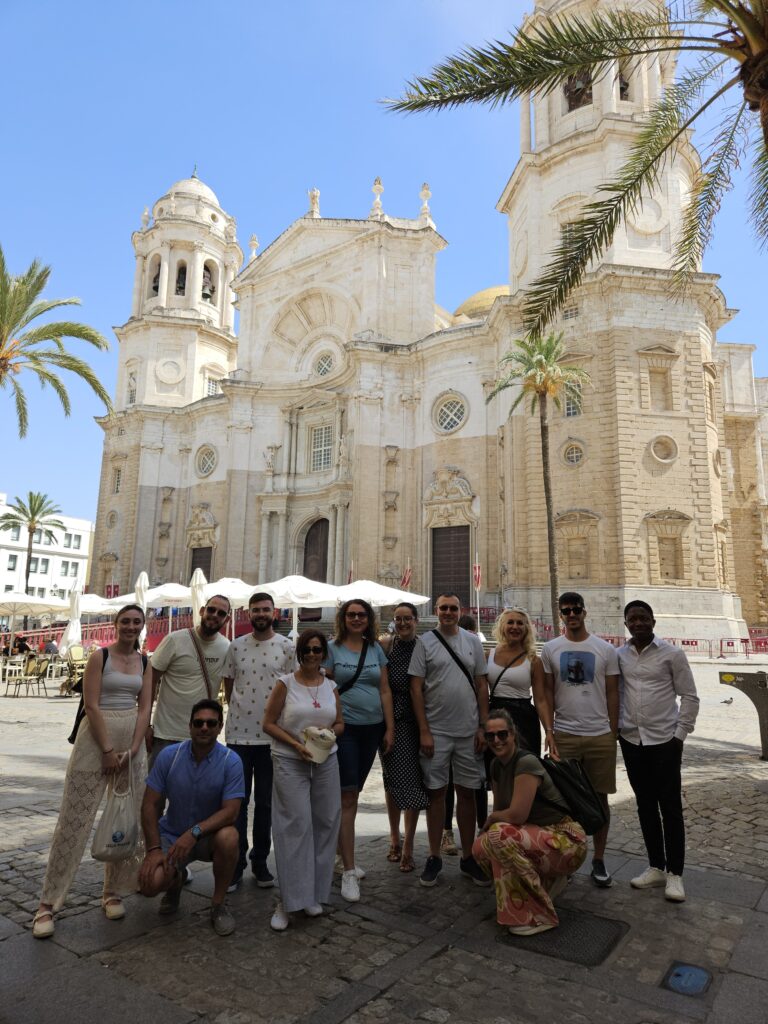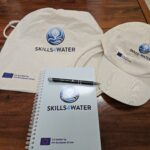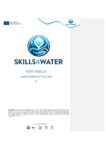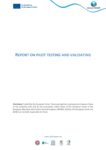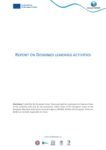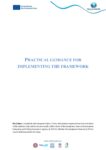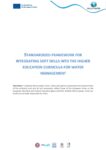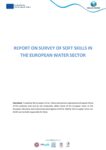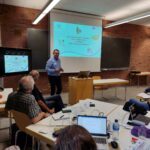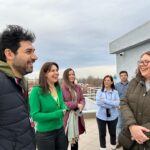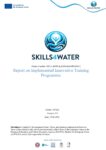Activities:
The following activities are planned in WP5:
A5.1. Developing a dissemination, exploitation and communication plan
This activity aims to develop and implement a comprehensive outreach and engagement strategy The activity involves:
– Characterising the target groups, their interests and needs.
– Selecting the suitable channels and the strategies.
– Writing a comprehensive plan for communication and dissemination activities setting targets to reach.
– Peer reviewing and approving the plan for all the partners.
A5.2. Development of Project website and Social Media Content Calendar
This activity aims at setting the communication and dissemination channels, as well as establishing a permanent update on
the advancements, developments and results of the project. This activity involves:
– Developing a suitable visual identity of the project.
– Programming a website with the information of the project and updating it continuously.
– Setting a blog and social media calendar with distributed responsibilities among the partners.
– Following-up the website and social media engagement.
A5.3. Creating a sustainability strategy
This activity aims at setting a sustainability strategy that collects the vision of the partners. This activity involves:
– Developing a table of contents with the key elements the strategy must include and validate it with the partners.
– Conducting a workshop to collect the partners’ views on the possible pathways to enhance the impact of the project.
– Writing a final report presenting the key pathways to follow up the project.
A5.4. Organizing the Final Project Conference
This activity aims at disseminating the project results and engaging the potential users. This activity involves:
– Developing guidelines for the event.
– Distributing dissemination tasks for the partners and identifying external participants.
– Executing the event in a suitable venue.


